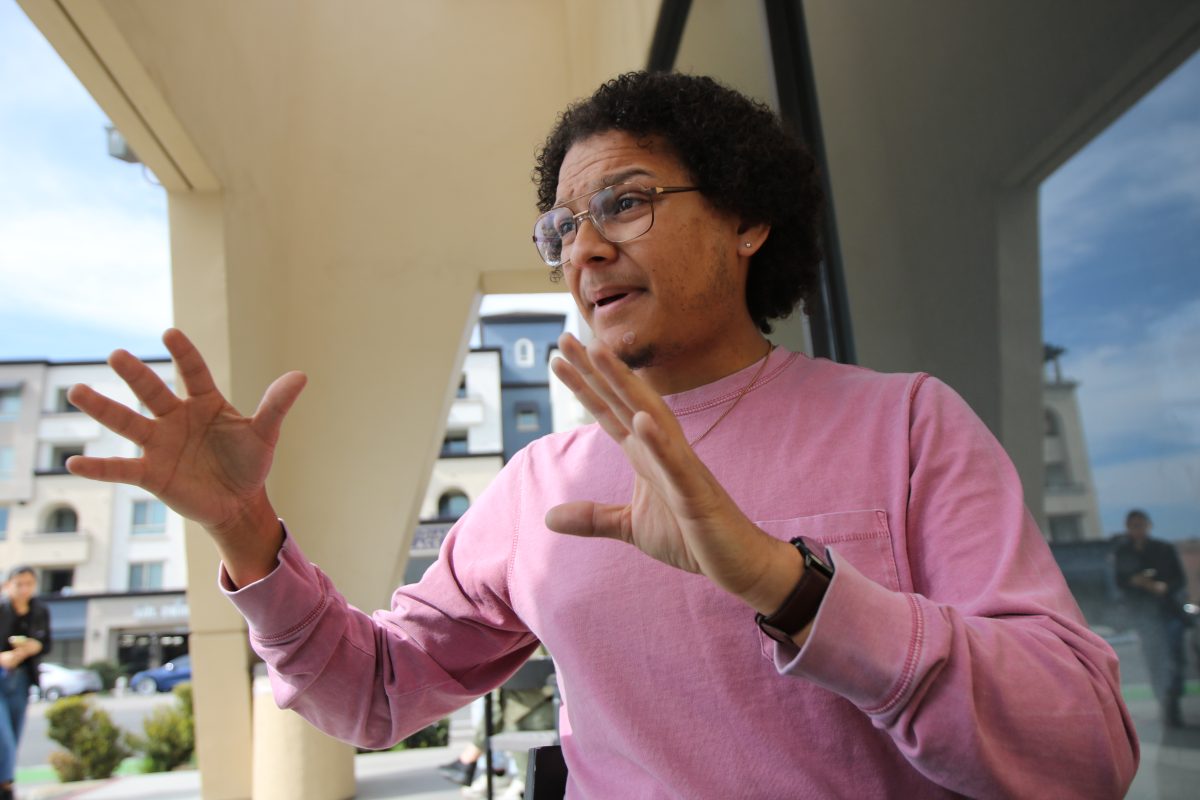With all seats occupied and nearly half of the audience standing, the Gender Inequality and Literacy Campaign commanded full attention from CSUN students.
A panel of faculty and guest lecturers discussed the issue of illiteracy in Central America and its effects on women, specifically among the Salvadorian population. The event, hosted by the Central American studies department on Wednesday, was aimed at promoting awareness of the problem domestically and abroad.
Shartriya Collier, a professor in the College of Education, said El Salvador’s literacy rate is 82.8 percent among males, and 77.7 percent among females and attributed the lower rate in women to traditional gender roles.
“Motherhood definitely takes a toll,” she said in response to audience suggestions. “If you’re a mother and working, it’s going to impact your literacy rate.”
Mari Riddle, CEO of the Centro Latino for Literacy of Los Angeles, also emphasized the importance of parental literacy.
“The most important indicator of a child’s academic success is the mother’s reading skills, even above income,” she said. “If you want to see change, we need to invest in their literacy.”
More than half of Salvadorian-born immigrants to the United States live in California and Texas, said Collier, but women, who are outnumbered, are working at the same rate as men.
“As they begin to learn a new language and work, male partners may feel threatened,” she said.
These changes in relationships can create difficult situations for families to maintain. She suggested supporting women through community outreach programs and encouraging mothers to learn their parental rights and built literacy networks.
“We know that when we see an increase of literacy in women and girls, we see economic growth and an increase in wealth as well as self-esteem and confidence.” said Sheena Malhotra, chair of the gender and women studies department.
Malhotra talked about Malala Yousufzai, a Pakistani girl who was shot by the Taliban for demanding an education as an example of women being denied the chance to read.
“Literacy is a form of empowerment and should be available to all human beings. It’s key to how we expand our world. When you keep a portion of the population away from it, it makes them an easier group to control,” said Malhotra.
Karina Zelaya, professor in the Central American studies department, discussed literacy’s value to a society as a whole.
“It’s our responsibility to help people express themselves,” said Zelaya, emphasizing the importance of literacy’s contextual value in the community.
Douglas Carranza, the Central American studies program coordinator, made clear the panel’s connection to CSUN students.
“This is going to help build a network to solve problems with social realities in the community,” he said. “To do that, we have to examine everything with a more critical mind.”





